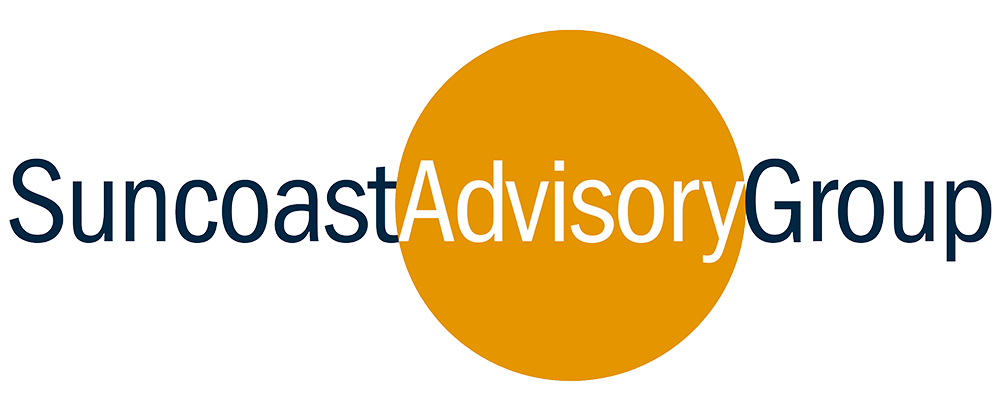There once was a time when you might meet with a financial advisor for an hour or two. He or she would look over your assets, liabilities, risk tolerance, and maybe your current insurance coverage. The two of you might discuss the rate of return you would like to see on your investments and your risk comfort level. In a few days, your advisor would return with a financial package, full of recommendations on how you should invest your money.
But how well does that advisor really know you? Did that one-hour conversation really tell the advisor about your deepest dreams? Did it really reveal your approach to money? Does your advisor now have any understanding of the responsibilities you shoulder for your family or for your employees? Does your advisor know anything about how you like to communicate and make decisions? Does your advisor know your story—how you got to where you are today? Does your advisor even care about any of that—or is the primary concern to offer you a return on your assets?
If money is a tool to help you reach your larger goals, then it behooves a good advisor to know you, your values, and your goals very well. Now, a new suite of profile and assessment tools help your advisor get to know you very well. Initiated by Hugh Massie, long-time business and financial services professional from Sydney, Australia the Financial DNA program is based on the belief that advisors should “understand people before numbers.” Why? Because finances are a means to an end, and unless your advisor understands the “ends” that you are pursuing—your goals, responsibilities, dreams and ultimately what is a quality life for you, your advisor is in no real position to advise you about money.
Financial DNA is not just about your advisor understanding you better, it’s also about you understanding yourself. You gain insight into your natural strengths and core motivations. You set goals, developing a clear vision of where you want to be in the future. And you learn to make confident, realistic, achievable, and committed financial decisions that tie directly to your goals rather than to some arbitrary percentage rate of return.
The DNA program moves through six phases. In the first phase, Communication Profile provides insights about how you receive or hear information, and how you like to approach decision making. For instance, some people are naturally more directive and dominant. They like to set the agenda, be presented with flexible options, and make the decisions. Other people are more accommodating, waiting instead for cues, input and guidance before revealing their own wishes. If your advisor knows where you fall in this continuum, he or she can approach you in a manner that fits your makeup.
In the second phase, you begin to pinpoint impediments to your success. You uncover strengths and challenges, as well as potential blind spots. To help with this phase, the Core Life Motivators Profile answers questions such as “What is a quality life for you?” “How can you make money work for you” or “What steps do you need to take to have a higher quality life?”
In stage three, the Financial Directions Profile provides a Behavior Analysis Report, which reveals areas where you are in alignment with your core goals and areas where you are not. This profile also provides a Behavior Portfolio Report, which helps shape your risk profile and guide future financial decisions.
Stage four is all about honing in on your life’s purpose. This is figure out what that quality life looks like for you. You and your advisor will delve into those things that bring you the greatest joy and examine the environmental influences that affect how you make decisions.
In stage five, you examine your relationship to money, which is really no different whether you are rich or poor. Your advisor works with you to help you build a healthy relationship to money that will carry you through the ups and downs of life. This is where you begin putting into action all that you’ve learned through the previous profiles. Fine-tuning your approach to money is an ongoing process that is continually reviewed, with your advisor providing coaching along the way.
By completing these first five phases, you reach phase six where you are now able to make better choices through greater knowledge about both yourself and your choices. The clearer you are on your life’s purpose and the healthier your relationship to money, the more likely you will make sound decisions and stick to them. When you know yourself, your goals, and your choices, you can approach financial decisions with confidence and peace of mind.
This very human approach to finances takes the stance that who we are and what we want as people very much influences our financial choices. Financial decisions are ultimately life decisions. In turn, life decisions always have financial consequences. The more you know about your own Financial DNA, the more skilled you are at taking advantage of opportunities and mitigating consequences in order to obtain your most cherished goals and live a quality life.
The opinions voiced in this material are for general information only and are not intended to provide specific advice or recommendations for any individual. All performance referenced is historical and is no guarantee of future results. All indices are unmanaged and may not be invested into directly.



